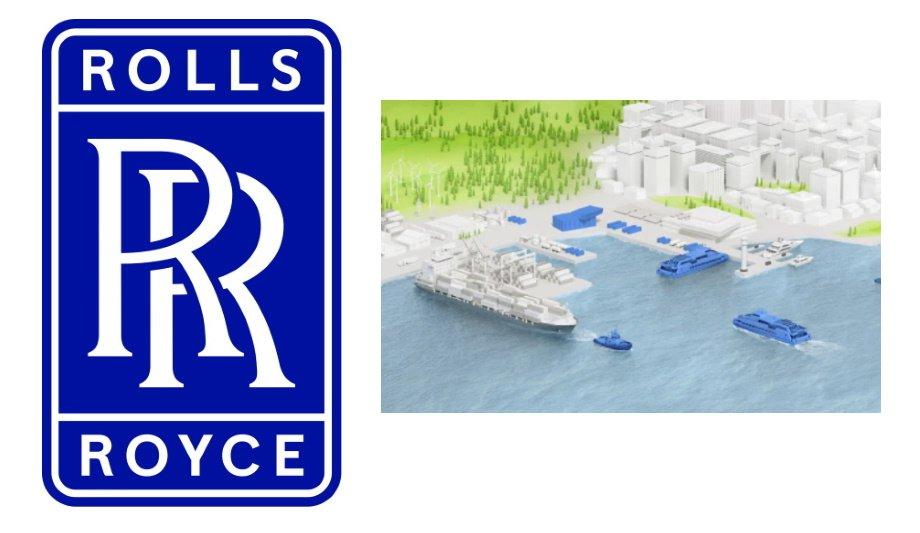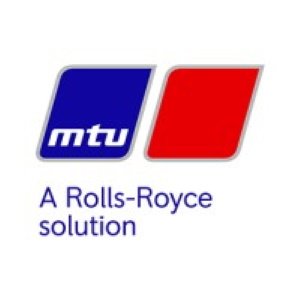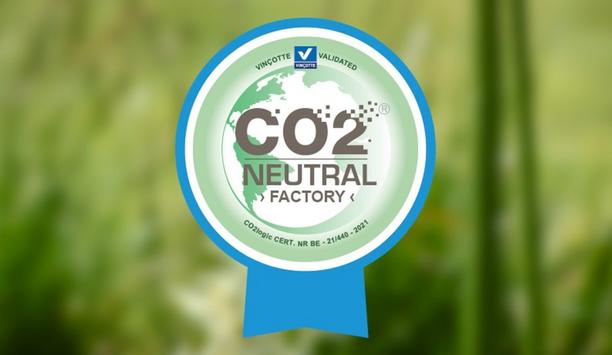Rolls-Royce is focusing on methanol as a fuel for climate-friendly shipping: Rolls-Royce business unit Power Systems is currently working on mtu engines for use with methanol.
New four-stroke engines
The new high-speed four-stroke engines, which are based on proven mtu technologies, are planned to be available to customers as soon as possible for use in commercial ships and yachts.
Denise Kurtulus, the Vice President - Global Marine at Rolls-Royce Power Systems AG, said “With the new development of mtu methanol engines, we want to lead the way as pioneers in the marine industry. We are clearly committed to methanol as a power source for green shipping and want to set standards and create planning security for our customers. We urgently need to create concrete solutions together to achieve the climate targets.”
Advantages of using methanol as fuel
Methanol offers a number of advantages for Rolls-Royce’s efforts, to make shipping more climate-friendly
Methanol offers a number of advantages for Rolls-Royce’s efforts, to make shipping more climate-friendly and ultimately climate-neutral. The fuel can be produced in a CO2-neutral manner, in the so-called Power-to-X process, in which CO2 is captured from the air.
The energy density of methanol is high, when compared to other sustainable fuels and thanks to its liquid state, it can be easily stored, and refuelled at ambient temperatures. Existing infrastructure can continue to be used in many cases. Unlike ammonia, methanol is not highly toxic and is environmentally safe.
Pure methanol engines can be climate-neutral
The combustion of methanol in a pure methanol engine can be climate-neutral, with significantly reduced nitrogen oxide emissions, thereby eliminating the need for complex SCR exhaust gas after-treatment.
Methanol tanks can be flexibly arranged in the ship and require significantly lower safety measures compared to hydrogen or ammonia. Besides the safety aspects and the lower complexity, the lower investment costs for users are a further upside of the methanol tank system.
Methanol is suitable with emission-free fuel
Another advantage of methanol is that it is not only suitable for use in combustion engines (both Diesel and Otto), but also in combination with emission-free fuel cells.
With the help of a reformer, hydrogen can be produced from methanol, which can then be used in fuel cells to generate electricity. This is particularly attractive for ships that do not have sufficient space for hydrogen tanks.
Pioneering marine applications with sustainable solutions
Rolls-Royce is pioneering marine applications with sustainable solutions from the bridge to the propeller
Rolls-Royce is pioneering marine applications with sustainable solutions from the bridge to the propeller. The company will release the new generation of its mtu Series 2000 and 4000 engine ranges for use, with sustainable fuels, such as synthetic diesel (second generation biofuels or e-diesel) from 2023, enabling climate-neutral operation in almost all applications.
In addition to the use of sustainable fuels, the company is also building on new technologies such as CO2-free fuel cell systems. Smart-ship solutions that enable the semi- and fully autonomous operation of ships are also expected to help reduce CO2 emissions.
‘Net Zero at Power Systems’ programme
The methanol initiative and the other developments mentioned are part of Rolls-Royce Power Systems’ sustainability programme ‘Net Zero at Power Systems’, with which the company is taking concrete steps towards climate-neutral solutions, for all its applications. In doing so, the company is relying on several technological approaches.
Daniel Chatterjee, the Director of Technology Management & Regulatory Affairs, at Rolls-Royce Power Systems AG, explains “On the road to climate neutrality, there will not be one technology and one fuel that is the best solution for all applications. Rather, there will be a coexistence of different propulsion technologies and fuels.
Daniel adds, “Hydrogen, for example, which is converted into energy in a fuel cell or even in a combustion engine, will be as much an issue for us and our customers as e-methanol, e-methane, e-diesel or e-ammonia.”












